The continued interest of my readers has encouraged me to bring out this fourth edition which has been updated where necessary but the work remains substantially unaltered. Buddhist studies have been noted in several bibliographical surveys in recent years among which Prof. Nakamura’s Indian Buddhism (Delhi, 1987) deserves special mention. Nevertheless, much of the ongoing research is centred on the publication, translation or interpretation of post-canonical texts as understood or interpretation of post-canonical texts as understood within the several ‘national’ traditions of Buddhist scholarship a it obtains today. To the older national orthodoxies of Buddhist interpretation have been added new directions, provided by recent ideologies or methodologies. However, one may be permitted to state that neither orthodoxy, whether Southern or Northern, nor ideology, whether Marxist or positivist ought to be allowed to hinder the pursuit of historical truth.
The earlier historical-critical work on Buddhism extending from Oldenberg to Miss I. B. Horner was based on the recognition of the relative antiquity of the Pali canon and its unique value for the understanding of early Buddhism. The significance of this fact, however, has been sometimes disputed, overlooked or minimized in the light of the counter claims one finds in the northern traditions. These traditions depend for the most part on Chinese and Tibetan translations of Indian originals which are almost wholly lost. Some fragments of canonical texts in Sanskrit or Prakrit have undoubtedly been discovered but they are tantalizingly few. Ancient Chinese traditions too are tantalizingly few. Ancient Chinese translation too are not so literal as the much later Tibetan ones. Under the circumstances, it can-not be gainsaid that the best clue to the history of early Buddhism still continues to lie in the Pali canon.
Since the Buddha allowed his followers to remember his teachings in their own tongues, it must have facilitated the development of the canonical tradition in diverse dialects in diverse sects. That it is only the Pali cannon of the Theravadins which has been fully preserved is, thus, only a historical accident but nevertheless it does make that canon a unique window from which to glimpse the life and teachings of the Buddha.

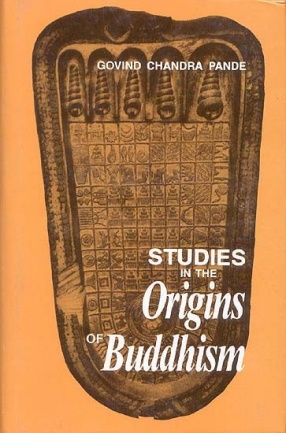
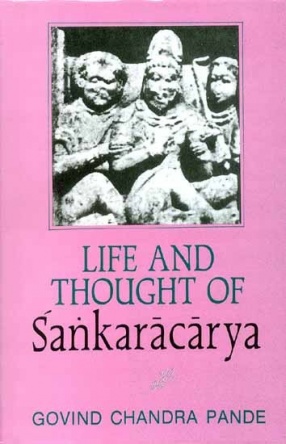

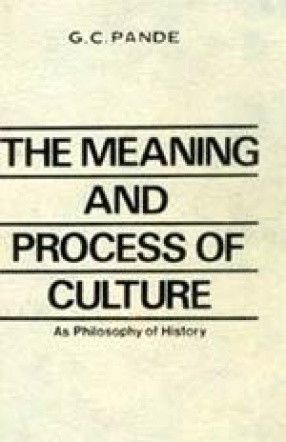
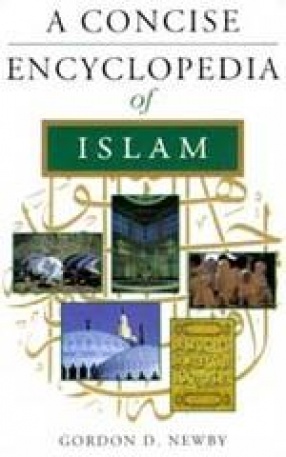
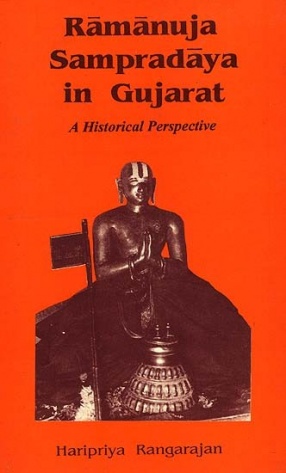
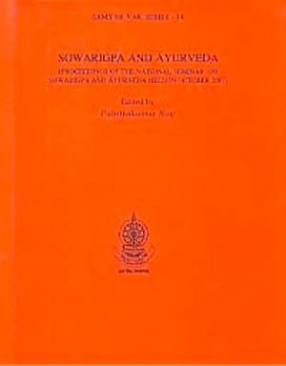
There are no reviews yet.